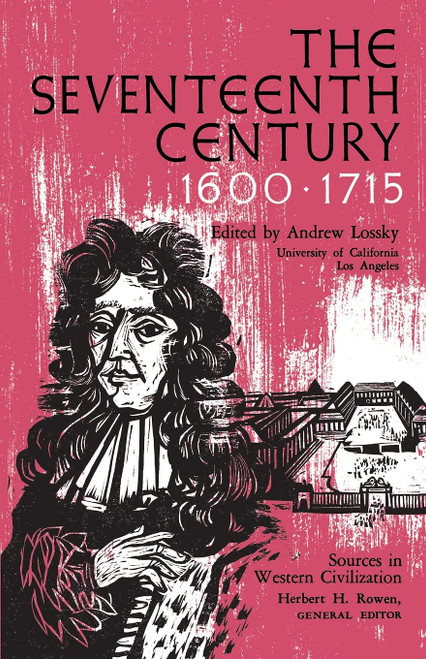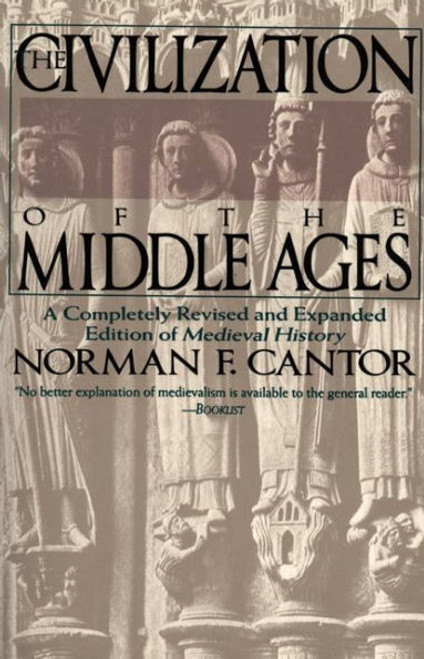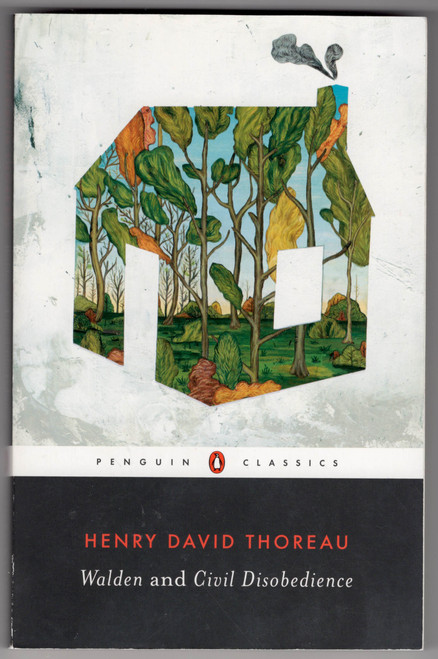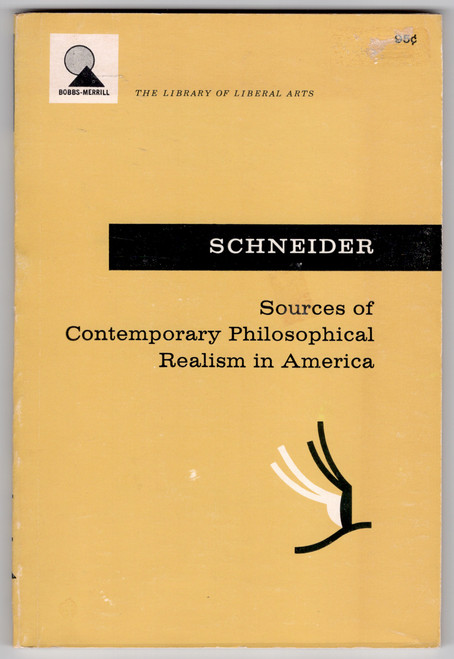The materials presented in this volume show that the seventeenth century was pre-eminently an age of intellectual ferment characterized by new scientific systems, new political and social thought, the introduction of modern warefare, and a continuous quest for order and stability. Major selections are drawn from such varied sources as Descartes' Discourse on Method and Passions of the Soul, Hobbes' Leviathan, Locke's Second Treatise on Government, Newton's Principia and Opticks, Bossuet's Politics, and writings of Galileo, and the letters of Louis XIV.
The Sources in Western Civilization series, of which this is Volume VII, is comprised of ten paperback volumes that spotlight the development of western civilization from the Ancient Near East to the 20th Century. Each volume includes a small number--15-20--of relatively long key selections from original sources of the period. The materials are placed in historical perspective by an extended interpretive introduction that revels the chief developments of the period and links these to the selections. The selections represent the major themes (intellectual, cultural, economic, and political); the most important genres (official documents, theoretical writings, narrative and analytical accounts, and literary materials); and the main areas or countries of western--not merely European--civilization.
Edited by Andrew Lossky
General Editor, Herbert H. Rowen
About the Author
Andrew Lossky was a Russian-born American historian. He was born in Saint Petersburg, Russia. His father was a professor of philosophy at Saint Petersburg State University. In 1922 he and his family sought refuge in Czechoslovakia after being expelled by the Bolsheviks. He was educated in Prague and was taught English and French at home. From 1935 until 1938 he lived in London for his university education. With the dismemberment of Czechoslovakia in 1938, his parents decided to send Andrew abroad. He passed the doctoral exams for Yale University in 1941 and joined the United States Army, where he served as an intelligence specialist in North Africa and Italy. He gained United States' citizenship in 1944.



![Walden, a veritable treasury of American naturalism, teems with biting social observations about daily human life, not least among them:
"Our life is frittered away by detail....Simplify, simplify."
Henry David Thoreau built his small hut on the shore of Walden Pond in 1845. For the next two years he lived there as simply as possible, seeking zthe essential facts of lifey and learning to eliminate the unnecessary details--material and spiritual--that intrude upon human happiness. He described his experiences in Walden, using vivid, forceful prose that transforms his reflections on nature into richly evocative metaphors to live by. George Eliot's review of Walden singles out qualities that have attracted readers for generations, namely "a deep poetic sensibility," as well as Thoreau's own "refined [and] hardy mind." In a world obsessed with technology and luxury, Walden seems more relevant today than ever.
After being imprisoned for refusing to pay Concord's poll tax, Thoreau recounted his experience in an 1848 lecture, "The Rights and Duties of the Individual in Relation to Government." The speech, hardly noticed in Thoreau's lifetime, was later published as "Civil Disobedience." Today it is widely considered the single most important essay concerning the incumbent duties of American citizens and has inspired major civil movements around the world.
With an Introduction and Notes by Jonathan Levin Walden, a veritable treasury of American naturalism, teems with biting social observations about daily human life, not least among them:
"Our life is frittered away by detail....Simplify, simplify."
Henry David Thoreau built his small hut on the shore of Walden Pond in 1845. For the next two years he lived there as simply as possible, seeking zthe essential facts of lifey and learning to eliminate the unnecessary details--material and spiritual--that intrude upon human happiness. He described his experiences in Walden, using vivid, forceful prose that transforms his reflections on nature into richly evocative metaphors to live by. George Eliot's review of Walden singles out qualities that have attracted readers for generations, namely "a deep poetic sensibility," as well as Thoreau's own "refined [and] hardy mind." In a world obsessed with technology and luxury, Walden seems more relevant today than ever.
After being imprisoned for refusing to pay Concord's poll tax, Thoreau recounted his experience in an 1848 lecture, "The Rights and Duties of the Individual in Relation to Government." The speech, hardly noticed in Thoreau's lifetime, was later published as "Civil Disobedience." Today it is widely considered the single most important essay concerning the incumbent duties of American citizens and has inspired major civil movements around the world.
With an Introduction and Notes by Jonathan Levin](https://cdn11.bigcommerce.com/s-ezptpblrxu/images/stencil/500x659/products/1113/1811/WaldenCivilBarnesHardcover__88572.1660081611.jpg?c=2)



